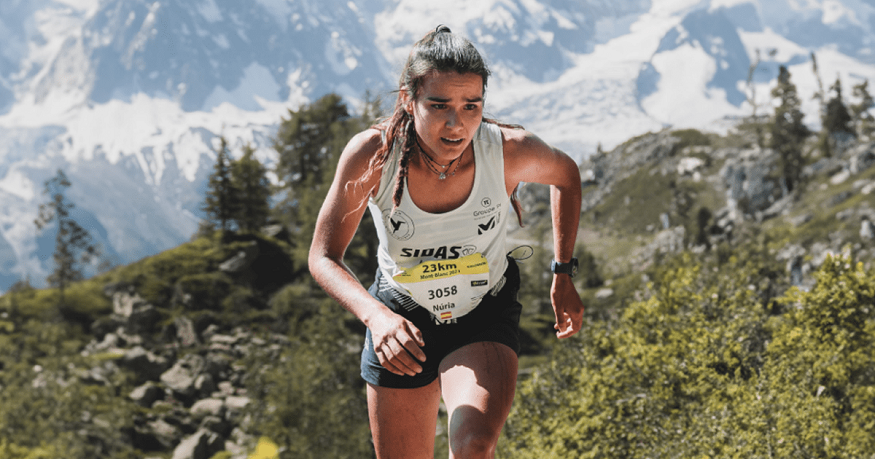Being a trail runner dealing efficiently with uneven trail terrains needs strengthening core balance which can truly make a difference by protecting runners from possible injuries and major harms. According to Steven Rindner, it is where the importance of off-trail exercises comes in, and undergoing certain activities as below can help boost endurance, balance, flexibility, and strength. According to Rindner, by embracing strength training one can benefit by
- Increasing resistance to injury
- Decreasing muscle fatigue even after a marathon
- Counteracting muscle wastage (Experienced by 35 + athletes)
- Bolstering core health
Resistance training: Make sure to embrace workouts like Split squats, sit-ups, push-ups, planks, crunches, and others that are ideal to reinforce the core which is vital to do well on the trail. Equally, it helps boost balance which is another vital key not only to perform and boost endurance but lessens the risks of injuries.
However, before getting started it makes sense to consult an expert who can help determine the right mix of exercises and their sequences. Practicing them at least a couple of days every week is essential to get better results. Varying the exercises occasionally is a better choice since when the body gets adapted to repetitive workouts, the outcome of the same exercises starts diminishing.
Stretching: the whole idea of involving in stretching is that it boosts the motion of range or body muscles and thereby helps in sudden and constant changes in stride. This ensures a stable landing which is an outcome of excellent body flexibility. Involving in stretching workouts such as calf stretching, hamstring stretching, reclined figure-four stretching, etc., and extending its time is a great idea.
Yoga: Apart from actualizing physical and mental balance, yoga is a great way to enhance one’s body alertness and flexibility. Make sure to join a yoga class and work with the instructor who can help tailor the type of yoga sessions and practices for trail running.
Overall Trail-Running Tips
Focus on the Path
Staring at the charming valleys while running on trials is obviously tempting, however, be practical since the temptation will hinder focusing on the trail and can lead to an accident at any moment. Instead, keep the eyes downward while continually scanning 10 to 15 feet of the path in front to locate obstacles and decide the stride.
Ensure Shortening Stride
Shortening of stride is vital while running on trails as not only does it offer agility but also alerts the mind to react and decide the next pace instantly considering the obstacles in front. According to Steven Rindner, depending on the terrine type lengthening a single pace is important especially to avoid stepping on muddy or slippery lands or rocks. Precisely, deciding the stride depends on the nature of terrine obstacles that constantly challenge a runner.
Keep Shoulders Straight
Curved shoulders typically put excess strain on the back and also stop the lungs from having a relaxing space. Therefore, make sure to keep shoulders straight, and keep them aligned with the back while leaning the whole body while stepping forward.
Keep Arms Swinging
Keeping the hand relaxed and swinging while orienting arms perpendicular to the torso is the key to bringing momentum rather than solely relying on the legs. Moreover having an effective swing motion helps in forward and upward drive through the entire torso that works together with hands and legs.
Involving in off-trail exercises as described above is the key to improving endurance, flexibility of body, balance, and overall strength to do well while aiming to run on trails. Also follow the techniques to attain speed, and performance and avoid potential injuries.

